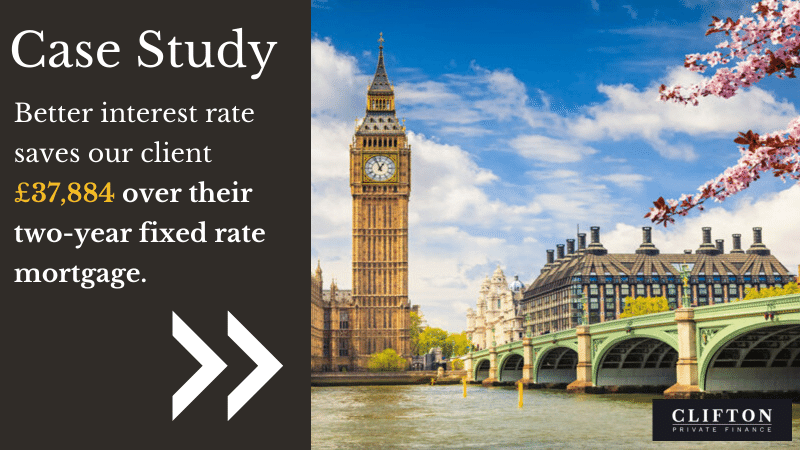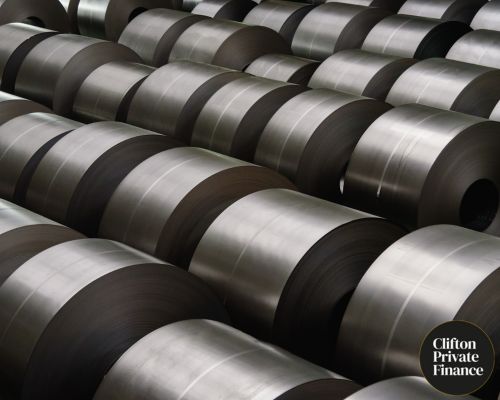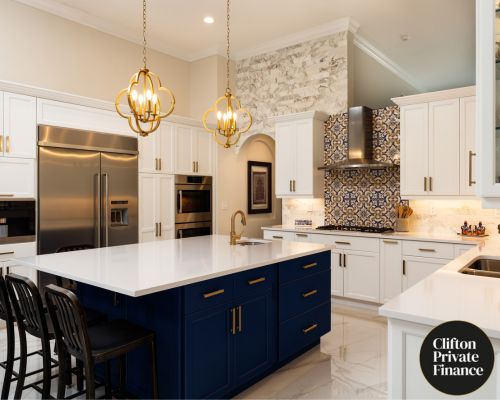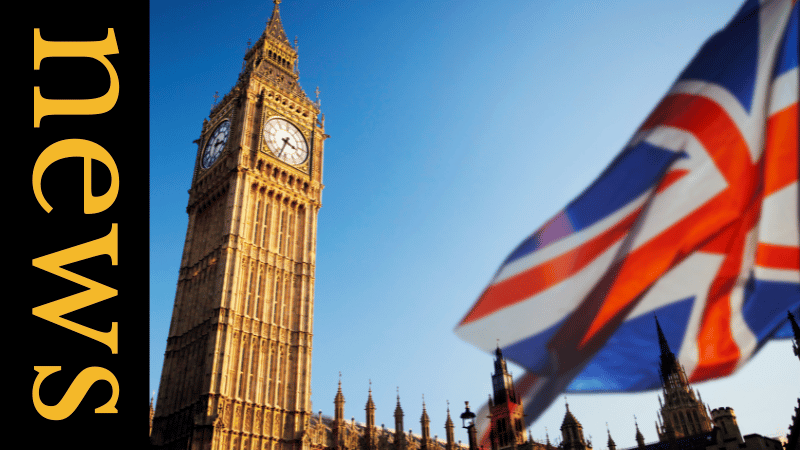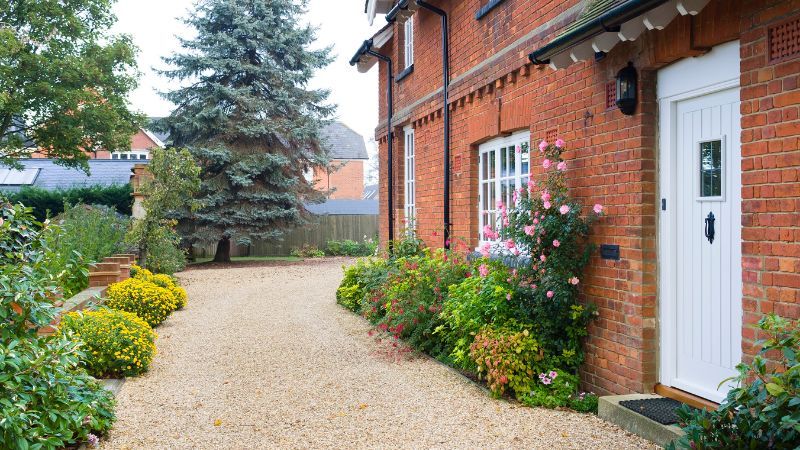Categories
NEWS: Bank of England Raises Base Interest Rate to 0.25 Percent - What Does This Mean for Your Mortgage?
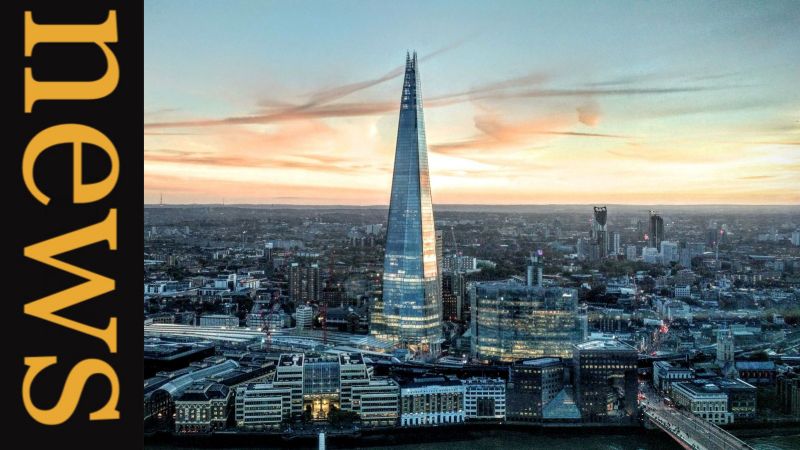
The Bank of England’s Monetary Policy Committee (MPC) meeting today has resulted in base interest rates in the UK increasing to 0.25% from 0.1%.
This represents an increase of 150% to the base UK interest rate.
Despite significant pressure from recent rising inflation rates, many economists expected Andrew Bailey to hold out until 2022 to increase rates, so the news will come as a shock to many mortgage owners and property buyers to be.
Many people will be asking:
- Will the interest rate rise affect my current mortgage?
- Will the interest rate hike affect my new property purchase?
We look at all of these questions and assess what you can do to protect your existing mortgage from rising interest rates, and what to do if you’re getting a mortgage in the near future.
Why have interest rates risen?
There has been growing pressure on the Bank of England to raise interest rates over the last six to twelve months, mainly due to inflation rates getting out of hand.
Rising inflation figures represents an increase in the cost of living in the UK, and the Bank of England uses interest rates to keep inflation from spiralling out of control.
The latest figures from the Office of National Statistics (ONS) showed that the annual Consumer Price Index (CPI) for inflation grew to 5.1% in November.
This is up from an already high 4.2% in the month previous, and far surpasses market predictions.
Will interest rates go up further?
Many market commentators think that this could just be the beginning of a series of interest rate hikes for the BoE, and looking back at the recent history of interest rates, - pre-covid and even further back - we get a bigger picture about the future of base interest rates in the UK.
- The financial crash of 2007/08 led to over 15 years of low rates in the UK,
- But, before the pandemic hit, were we seeing a gradual recovery to higher levels?
- Rates had risen from 0.25% to 0.75% within a few years before the pandemic, so could we see a similar pattern now?
It’s certainly not farfetched to imagine interest rates rising to 0.75% and potentially beyond this over the next few years.
What does the interest rate hike mean for mortgage rates?
When base interest rates go up, mortgage interest rates usually follow.
And we’ve seen mortgage lenders already taking some low interest products off the market in anticipation of a rate hike.
Today’s announcement will only accelerate the process, and if you are looking to remortgage or buy property at the moment, you could be looking at higher interest rates going forward.
How can you protect your mortgage from rising interest rates?
If you have a tracker mortgage or if you’re paying your bank’s standard variable rate (SVR) on your mortgage, your monthly mortgage repayments could increase because of the rate hike.
If this is the case for you, we think it’s at least worth considering your remortgage options and thinking about whether a fixed-rate product could protect you against further rate increases in 2022.
If you’re already on a fixed-rate mortgage, you have more time to react depending on your current term duration.
And keep in mind you could face an early repayment charge (ERC) if you end your fixed rate mortgage before its term.
What kind of fixed-rate mortgage is best and should I get one?
Most high-street lenders, private banks, building societies and specialist lenders offer the following fixed term mortgage products:
- 2 year fixed rate
- 5 year fixed rate
- 10 year fixed rate, and even longer mortgage terms
But remember, the longer your fixed term, the higher rates you’ll likely pay.
You can't necessarily lock in at super low rates for 10 years compared to 2 years, because the banks face a greater risk of potential rate hikes over the decade.
This means that while you can still fix your mortgage interest rate for this length of term, you’ll likely pay a higher rate compared to shorter terms at the beginning.
It could be better to take out consecutive 2 or 5 year fixed rate products that could provide you with lower rates overall (unless we see significant interest rate surges over the next 10 years of course).
How do I get a fixed rate mortgage?
To get all of your options on a new or existing mortgage, speaking to a trusted mortgage adviser is the easiest approach.
A mortgage broker like Clifton Private Finance can help you decide what type of mortgage is best for you – whether it’s a fixed rate product and for what length of term.
And, we can negotiate the best fixed interest rates with lenders that we have an ongoing relationship with.
Give us a call
Contact us to arrange a convenient time for an in-depth first discussion with one of our trusted finance brokers and see how we can help:
0117 959 5094
Or click here to make an online enquiry with us.



